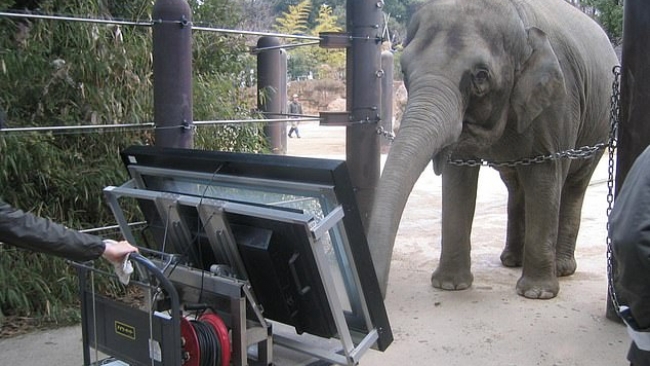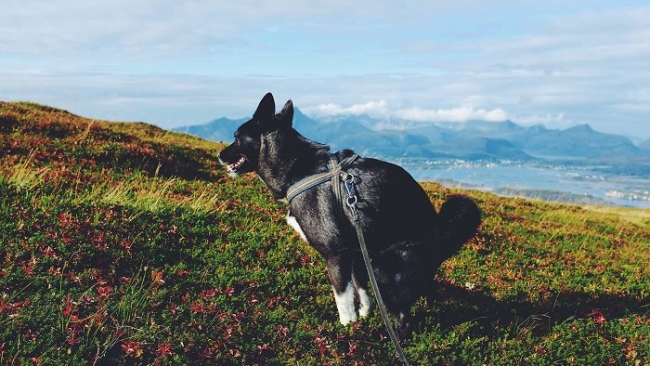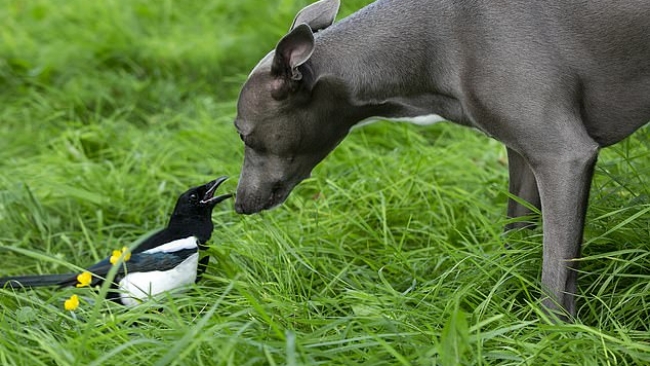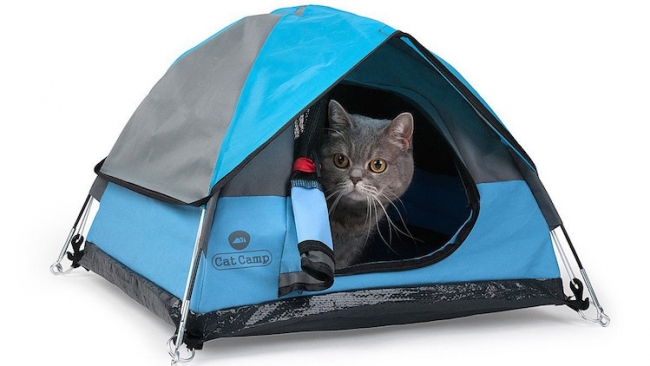Experts reveal deer, llama and civets make most suitable exotic pets
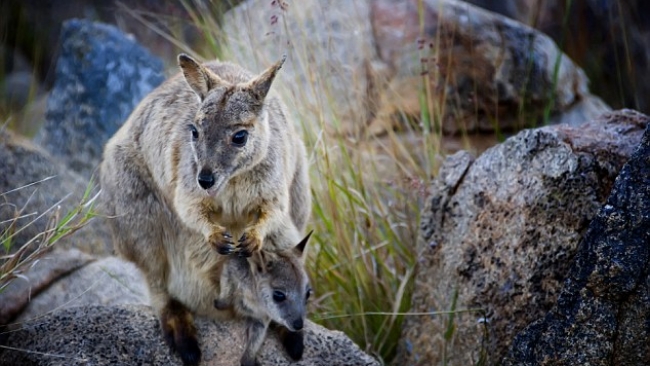
The internet is laden with videos of exotic-animals-turned-pets acting adorably as they live alongside humans – but just because you want one doesn’t mean they are well suited for life in your home. To address the growing demand for exotic pets, a team of veterinary experts in the Netherlands has developed a method to assess the suitability of mammals for domestic life. The researchers have so far analyzed nearly 100 species, revealing the top five animals for human companionship, including llamas and two types of wallaby.
According to the researchers from the Wageningen University and Research Centre, the sika deer, agile wallaby, tamar wallaby, llama, and Asian palm civet are all suitable as pets. To determine this, the team first conducted an online survey to find out which animals are most commonly kept as pets in the Netherlands, adding other mammals based on data from veterinarians and rescue centres.
Then, they selected the 90 most popular species, removing ‘production animals’ – including rabbits, guinea pics, and hamsters – as these are allowed to be kept by anyone. The researchers then collected bibliographic information on these animals both in the wild and in captivity, from literature on behavioural ecology, health, welfare, and human-animal relationships. With this information, they created one-line criteria statements for each, assigning a score for behavioural needs and welfare risks.
‘The main influence of this work is methodological,’ said Dr. Paul Koene, who led the study. ‘In the Netherlands many mammal species are kept and for a long time the government wanted to guarantee the welfare of animals. ‘Therefore the Dutch Animal Act was made stating that mammals should not be kept unless they are production animals, or are species that are suitable to be kept by anyone without special knowledge or skills.’ Three teams were involved in ranking the ‘pet suitability’ of each animal, and those with high behavioural needs or concerns for health, welfare, and human relationship were assigned higher risk scores.
Source: Daily Mail
Tue 12 Jul 2016 at 07:27
